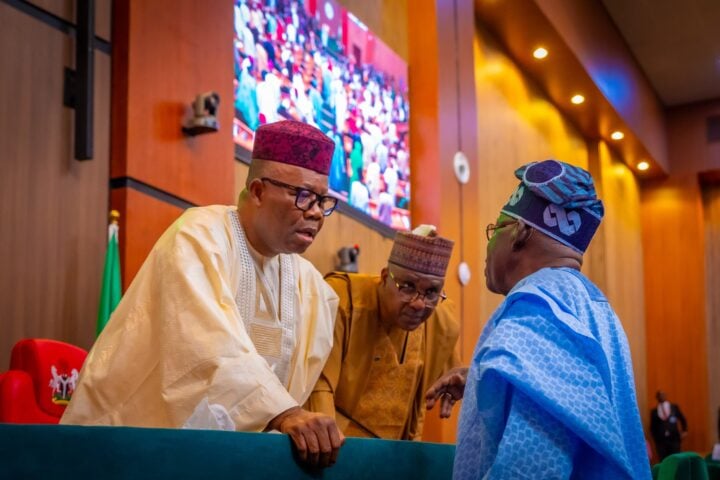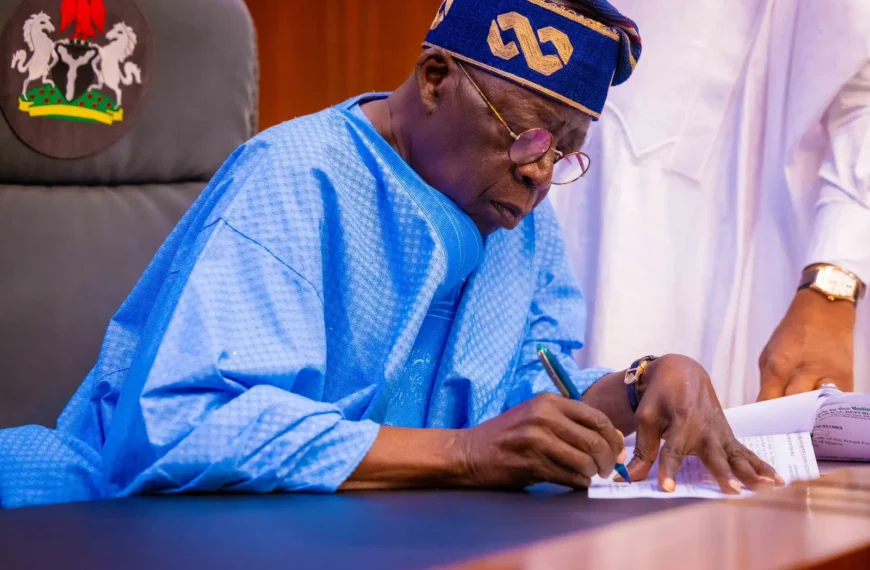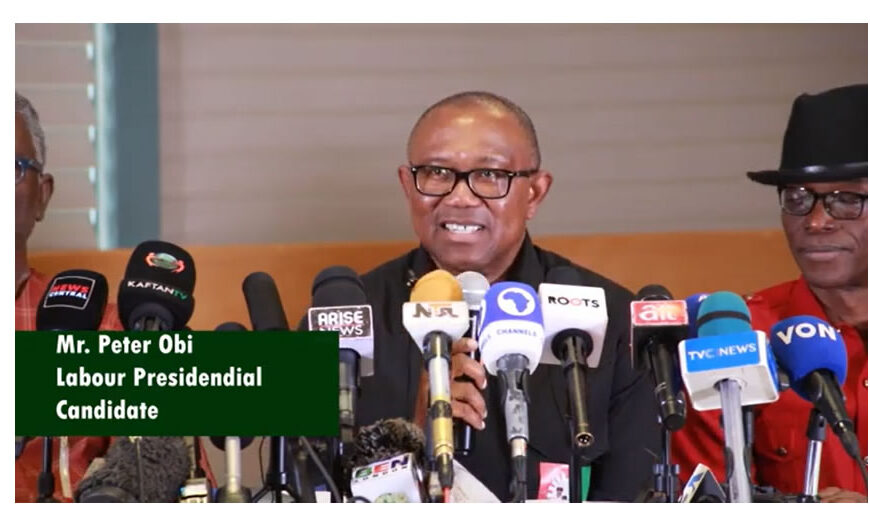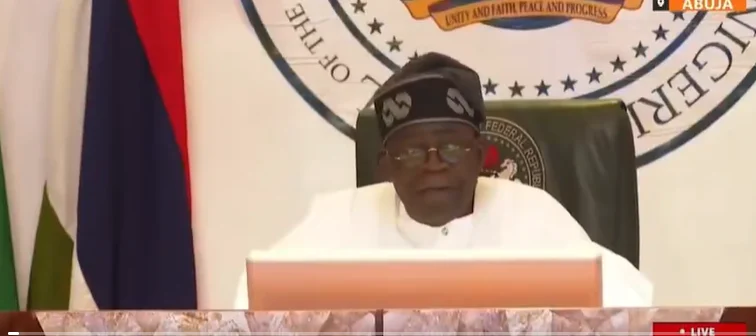Abuja, June 26, 2025 — President Bola Ahmed Tinubu has signed into law four major tax reform bills aimed at overhauling Nigeria’s revenue collection framework and improving fiscal governance. The move marks a significant milestone in the administration’s broader economic reform agenda.
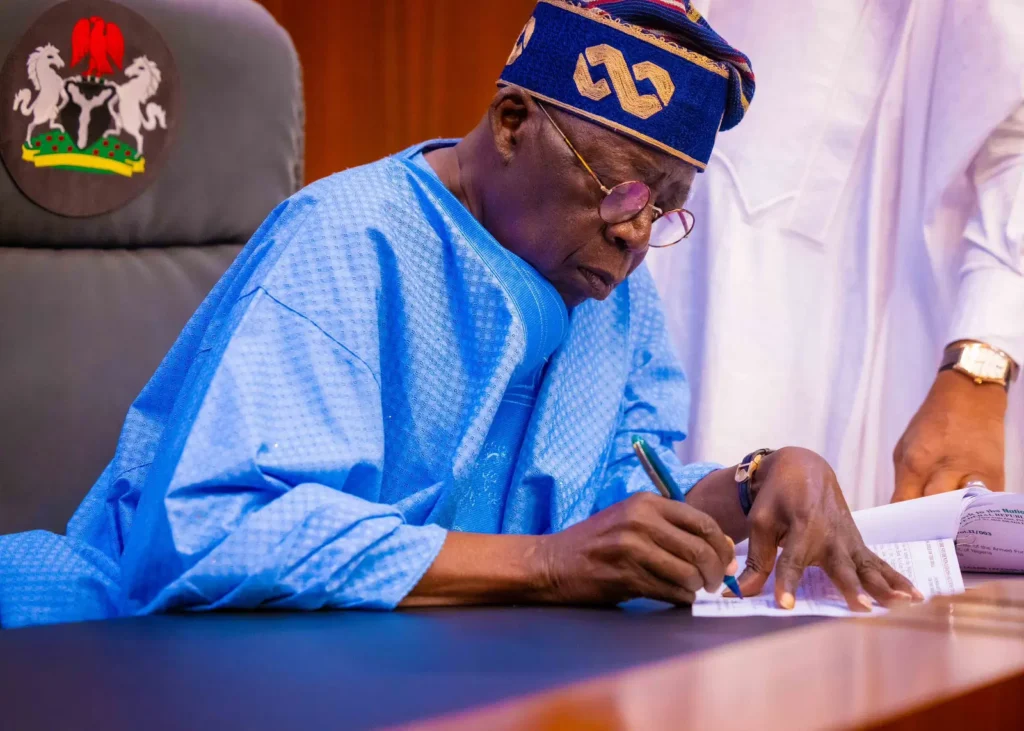
The Four New Laws
The newly signed legislation includes:
- Nigeria Tax Reform Act (Ease of Doing Business)
This law consolidates numerous federal and state tax laws into a unified legal framework to simplify tax compliance and reduce the regulatory burden on businesses and individuals. - Nigeria Tax Administration Act
Establishes a standardized system for tax administration across all tiers of government—federal, state, and local—ensuring consistency and operational efficiency nationwide. - Nigeria Revenue Service (Establishment) Act
This act dissolves the Federal Inland Revenue Service (FIRS) and establishes the Nigeria Revenue Service (NRS) in its place. The NRS will serve as a performance-driven body with the mandate to collect both tax and non-tax revenues, operate independently, and enhance transparency. - Joint Tax Board (Establishment) Act
Sets up a central coordination body for tax matters across government levels. It includes mechanisms for dispute resolution such as a Tax Appeal Tribunal and an Office of the Tax Ombudsman.
Reform Objectives
The Tinubu administration has stated that the reforms are designed to:
- Improve Nigeria’s tax-to-GDP ratio, currently among the lowest in Africa at approximately 10.8 percent.
- Expand the national revenue base, reducing dependence on oil income and foreign borrowing.
- Encourage investment and business growth by simplifying the tax code and eliminating duplicative taxes.
- Promote tax equity and ease the burden on low-income earners and small businesses. Notably, companies with annual revenues under ₦50 million are now exempt from corporate income tax.
According to the presidency, the changes also aim to foster greater accountability in revenue management and rebuild public trust in the country’s tax institutions.
Implementation and Oversight
During the signing ceremony at the Presidential Villa, President Tinubu emphasized that successful implementation would require collaboration across federal, state, and local governments. Present at the event were key political and economic figures, including Senate President Godswill Akpabio, Speaker of the House Tajudeen Abbas, and Minister of Finance Wale Edun.
The newly created Nigeria Revenue Service is expected to begin operations later this year, subject to administrative setup and legislative oversight. A national rollout plan will be coordinated through the Joint Tax Board.
Challenges and Outlook
While the reforms have been praised by fiscal experts and international observers, critics have raised concerns about implementation challenges, including bureaucratic resistance and regional disparities in revenue generation. Some stakeholders argue that wealthier states may benefit disproportionately from the VAT sharing model, while others call for clearer enforcement mechanisms and public education efforts to promote compliance.
Nonetheless, the administration maintains that the long-term benefits of increased revenue, improved governance, and economic stability outweigh the short-term disruptions.
President Tinubu has described the legislation as a foundational step toward building a modern, inclusive, and resilient Nigerian economy.


